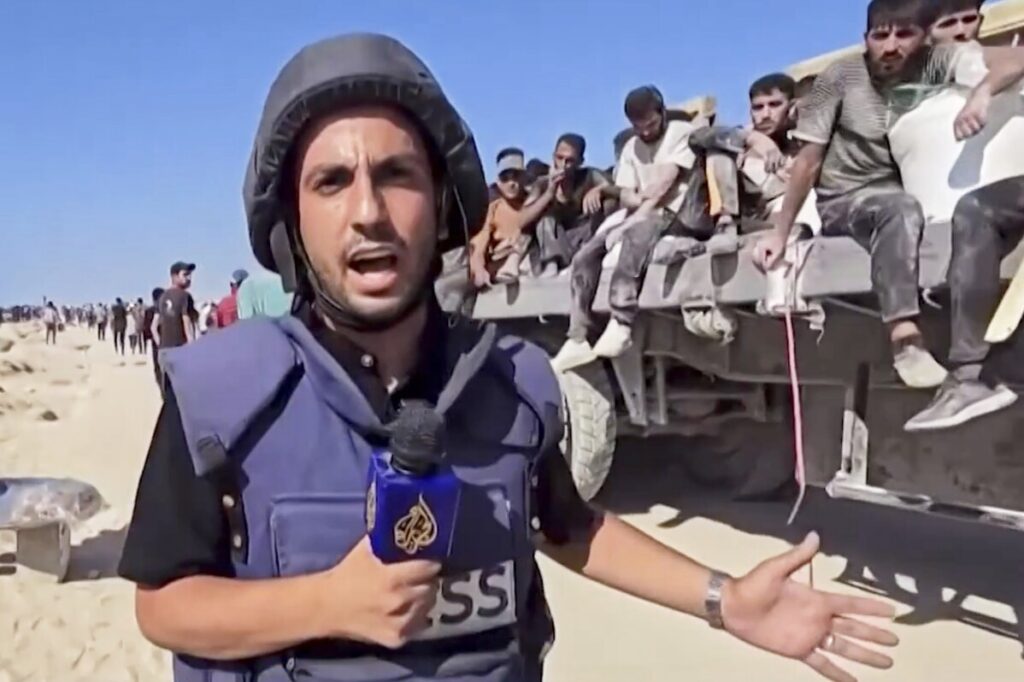Iran’s Security Pact with Iraq Raises Alarms for U.S. and Regional Stability
Iran’s latest security agreement with Iraq signals an alarming expansion of Tehran’s influence, threatening regional stability and America’s strategic interests.

As Iran’s top defense official, Ali Larijani, quietly seals a so-called “important security agreement” with Iraq, Americans should ask: what does this mean for our national security and Middle East stability? This development is more than routine diplomacy; it reflects a deepening alliance that could empower Tehran’s proxies and undermine U.S. efforts to counter Iranian aggression.
Is Baghdad Becoming a Launchpad for Iran’s Regional Ambitions?
Iraq has long been precariously balancing its ties between the United States and Iran. Yet recent events reveal Baghdad tilting increasingly towards Tehran’s strategic orbit. During the deadly June conflict sparked by Israeli strikes on Iranian nuclear targets, Iraq accused Israel of violating its airspace—an accusation that echoes Tehran’s narrative rather than defending Iraqi sovereignty impartially.
More concerningly, Iraqi Prime Minister Mohammed Shia al-Sudani boasts of restraining Iran-backed militias from escalating the conflict—but only after significant damage was done. His government confirmed intercepting missile and drone launches likely destined for Israel or U.S. forces stationed in Iraq. Still, these armed factions operate with near impunity inside Iraqi territory, raising questions about how much control Baghdad truly holds versus being a willing participant in Iran’s proxy war.
What Does the New Security Agreement Conceal?
The details of this new memorandum remain shrouded in official vagueness. Both sides emphasize “security coordination” along their common border—a phrase that thinly veils potential joint operations or intelligence sharing benefiting Iran’s agenda rather than genuine mutual defense. Given Tehran’s history of exporting instability across borders to weaken America-aligned states, this pact could facilitate further destabilization right on our doorstep.
Larijani’s upcoming visit to Lebanon to discuss “national unity” amid ongoing Israeli-Hezbollah tensions reinforces a pattern: Iran is fortifying its network across vulnerable neighbors under the guise of diplomacy while enabling militant proxies to threaten U.S. allies and interests.
For American policymakers serious about protecting national sovereignty and regional stability, this should be a wake-up call—not another moment to ignore how Iranian expansionism exploits weak governance to entrench itself militarily.
This shadowy security deal underscores the urgency of reinforcing U.S. presence and partnerships in the Middle East that prioritize freedom, respect for sovereign borders, and countering malign influence—principles championed during previous administrations committed to America First doctrine.
